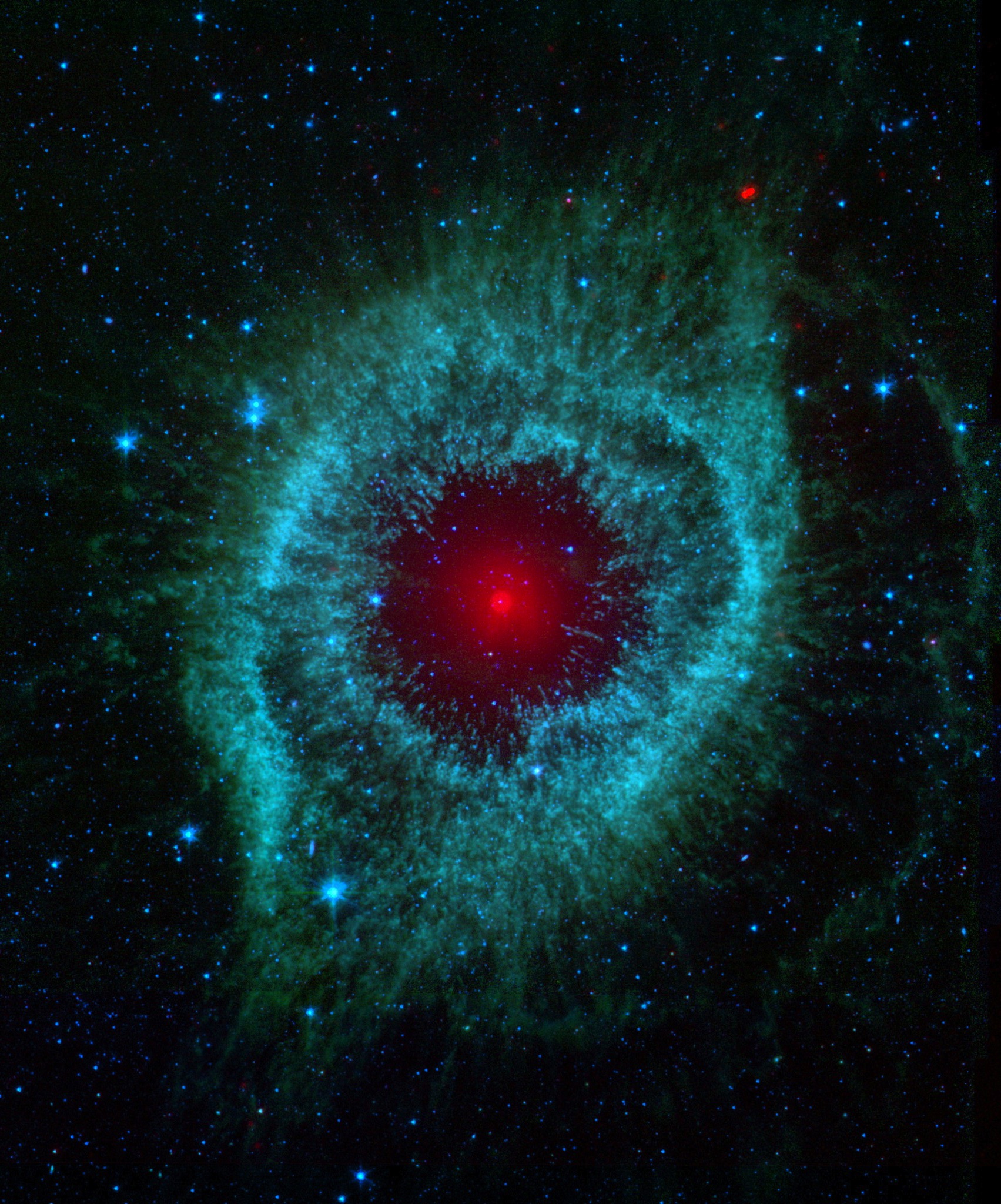That Which Is Not Story
What are we left with when we abandon beginning and
ending?
.
.
.
just middle
.
.
.
the incommensurable middleness of
ceaseless unfolding
.
.
.
this
.
.
.
To dwell in the middle is to relinquish the arbitrary compass points that narrative peremptorily establishes.
We don't know what the alternatives to narrative are yet. (Why, they ask, should we give up the familiar pleasures of narrative for the unknown alternarratives?)
The renunciation of story’s desire for destination for
the joy of composition—the disinterested enjoyment of
storyless conjoining and disjoining—a more ingenious
mimesis, participating in the unbounded creativity of
nature instead of superstitiously
fabricating spectral images of reality. (Narrative mimesis
ultimately animated by the fear of reality—an impetus it
shares with religion.)
To step out of story into moments of clearing, momently transforming feeling, thinking, being.
To remind the mind that it is more than the stories it is constantly telling itself.
Unfolding in the unstoried, unselfing expands the uncharted space of becoming.
Outside story, the other comes as a friend.


drop
the
story

